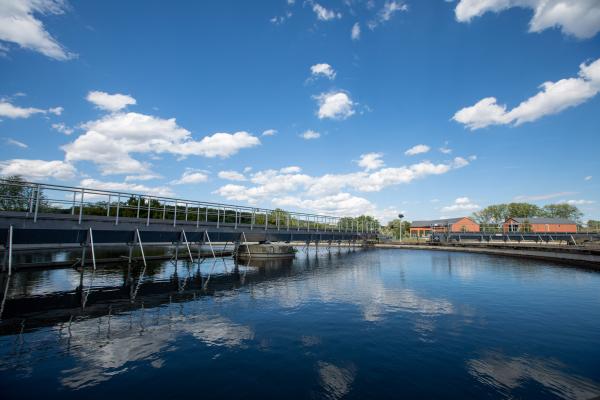
Air pollution, especially fine particulate matter (PM2.5), poses a significant threat to human health and the environment.
Despite improvements in air quality through policies and technological advancements, concentration levels in European urban areas remain high.
The European Environment Agency estimated that 96% of the urban population in the EU is exposed to levels exceeding the 5 µg/m3 guideline set by the World Health Organization (WHO). This results in approximately 238,000 premature deaths in the EU each year.
A JRC study analysing pollution levels in cities with more than 50,000 inhabitants across the EU, Switzerland, Norway, and the UK, finds that combustion activities in the residential sector – including in domestic appliances, stoves, and boilers – is the primary source of pollution in 56% of cities considered.
The contribution of the residential sector
Through calculations run by Sherpa, a JRC tool capable of identifying the origins of local PM2.5 concentrations by sector, researchers determined that the average contribution of fuelwood and coal combustion in the residential sector to PM2.5 formation hovers around 27%.
In a cluster of cities in Poland, Romania, Northern Italy, Croatia, and the Baltic countries, fuelwood and coal use in the residential sector contributes more than 50% of PM2.5.
Energy produced from biomass accounts for around 60% of renewable energy consumption in the EU. Decarbonisation can be made faster by using the available biomass more effectively, rather than for household heating in individual stoves with low efficiency.
Fighting climate change and air pollution together
The use of traditional biomass or fuelwood is seen in some parts of the EU as an alternative source of heat in the context of reducing greenhouse gas (GHG) emissions.
However, traditional biomass is also a major source of air pollution in the EU, especially cities – and city emissions tend to contribute significantly to country and EU overall PM concentrations. Moving away from fuelwood use for household heating towards better insulation of a household or heat pumps and solar thermal would help increase the life standard of EU citizens.
A result of this study is that more comprehensive and integrated policies are needed to address climate change and air quality issues simultaneously, looking at co-benefits and considering the specific circumstances of each place.
Sources
Details
- Publication date
- 16 July 2024
- Author
- Joint Research Centre
- JRC portfolios




